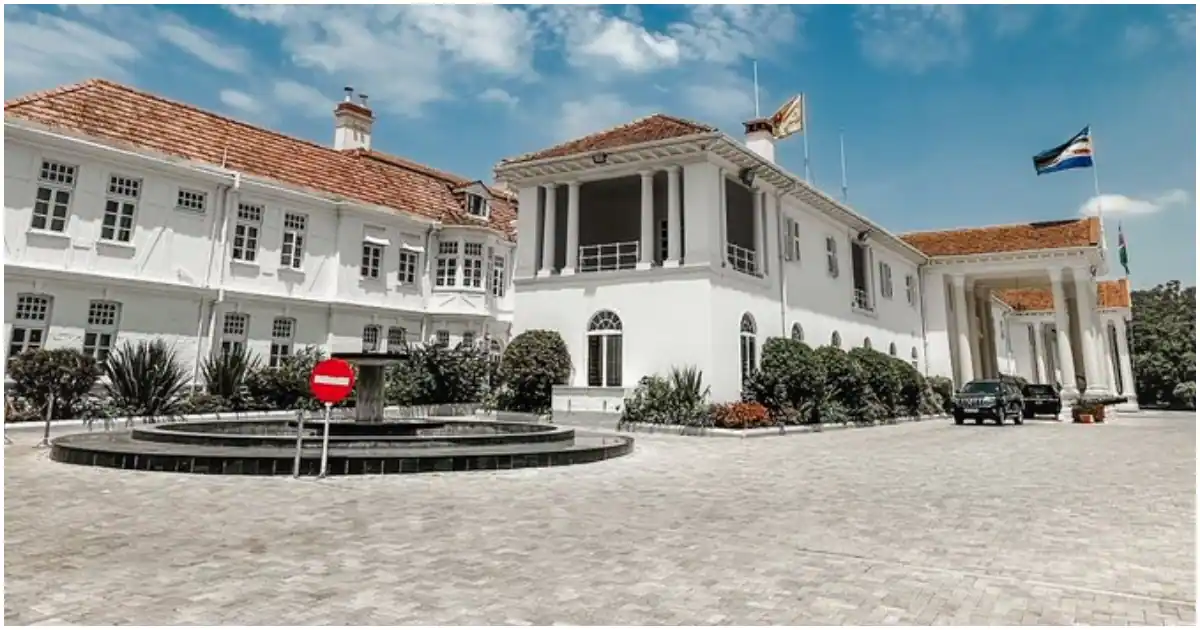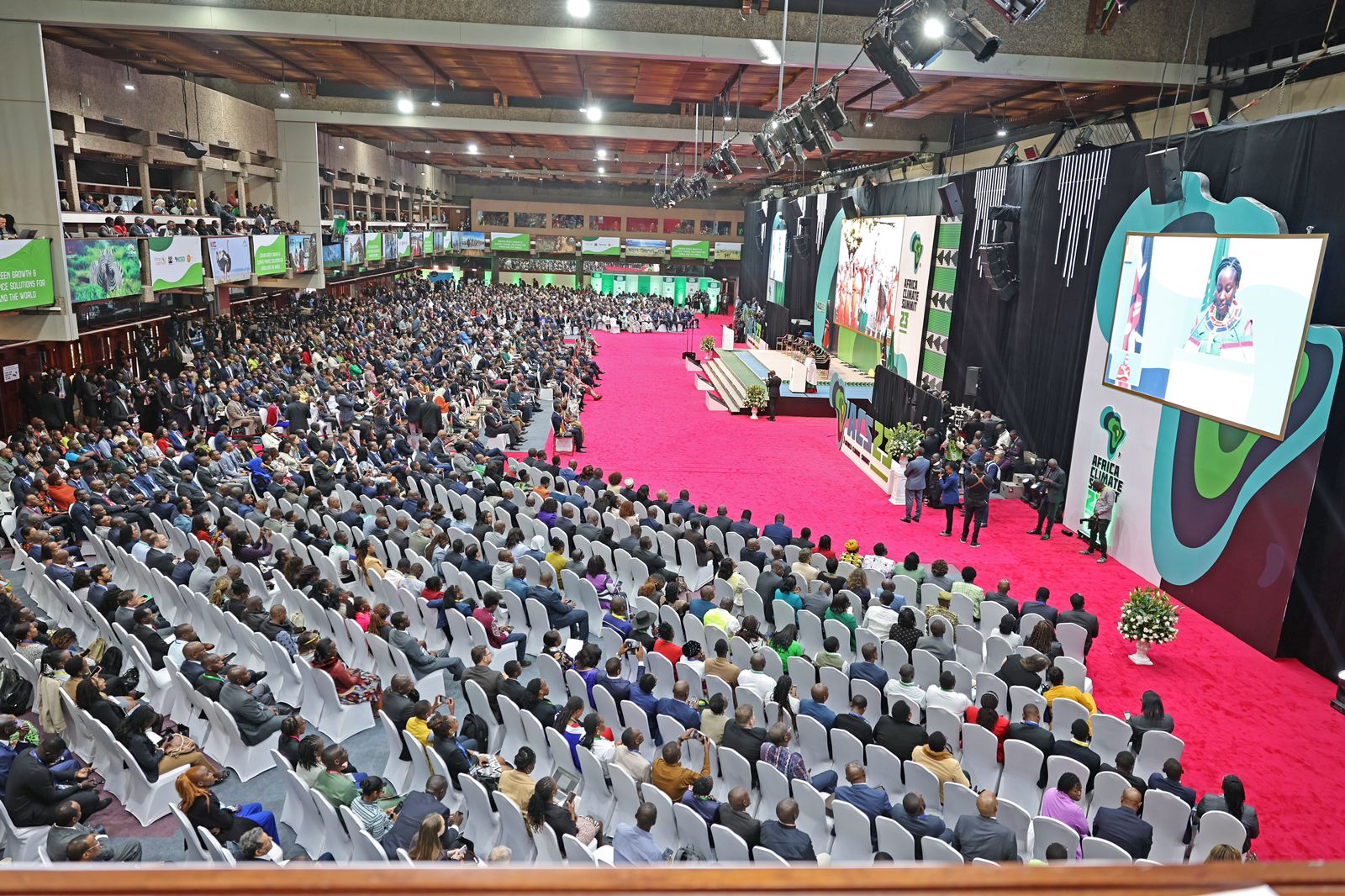President William Ruto’s government and the African Union are determined to push for more financing and support in the continent’s fight against climate change.
Despite contributing just 3.8% of the globe’s historical carbon emissions, Africa faces unique challenges when it comes to climate change because of its complex and poorly understood weather systems.
”For a very long time, we have looked at this as a problem. There are immense opportunities as well,” Ruto said of the climate crisis, speaking of multibillion-dollar economic possibilities, and new financial structures.
”Africa has huge mineral wealth and the ideal of shared prosperity. We are not here to catalogue grievances,” he noted at the KICC during the Heads of State session.
An initiative to boost Africa’s carbon credit production 19-fold by 2030 drew hundreds of millions of dollars in pledges on Monday when President Ruto opened the continent’s first climate summit.
The three-day event in Nairobi is billed as bringing together African leaders to define a shared vision for green development on the diverse continent of 1.4 billion.
In one of the most anticipated deals, investors from the United Arab Emirates (UAE) committed to buying $450 million of carbon credits from the Africa Carbon Markets Initiative (ACMI), which was launched at Egypt’s COP27 summit last year.
African leaders are pushing market-based financing instruments, such as carbon credits, or offsets, which can be generated by projects that curb emissions, usually in developing countries, such as planting trees or switching to cleaner fuels.










